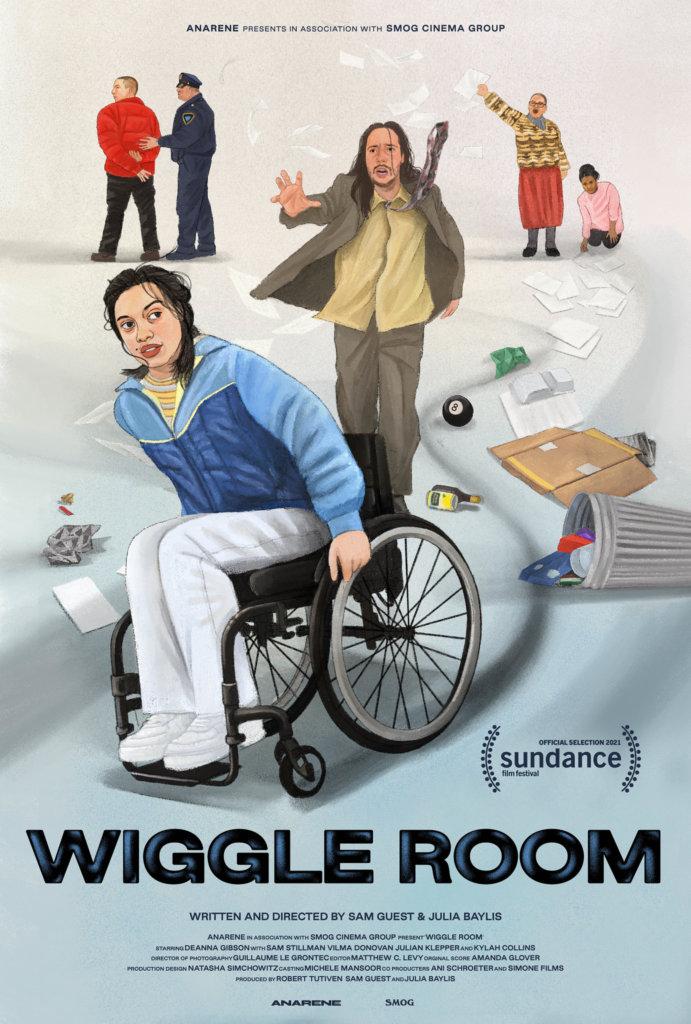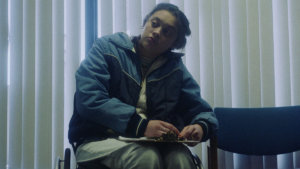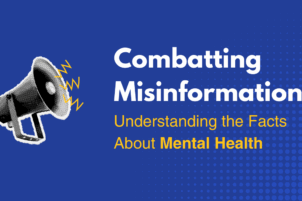Los Angeles, Jan. 30 – Paraphrasing Franz Kafka, philosopher Slavoj Žižek once said, “For a modern, secular non-religious man, state bureaucracy is the only remaining contact with the dimension of the Divine.” Inspired by the events of the filmmakers’ friend, the short film Wiggle Room, written and directed by Julia Baylis and Sam Guest, is a somber reminder of the constant bureaucratic hurdles plaguing individuals with disabilities, who often rely on the caprices of insurance companies to survive. Anchored by the debut of lead actress Deanna Gibson, Wiggle Room turns the necessary evils of administration into an inescapable noose made of red tape hellbent on strangling our protagonist.
Premiering at the 2021 Sundance Film Festival, Wiggle Room’s plot is deceptively simple: a teenage paraplegic (Gibson) travels to her nearest insurance office to retrieve the reimbursement for a ramp her mom had installed in their home. However, in the tradition of social realism or Ken Loach (specifically I, Daniel Blake), Baylis and Guest stress to us that immediate compensation is not a luxury afforded to the downtrodden. Over a year has passed since the erection of the ramp and it is in danger of repossession unless the insurance company finally pays up. Our protagonist embarks on the hero’s journey via accessible van in order to slay the leviathan that is bureaucracy.
RespectAbility champions authentic casting not only because it should be an industry-wide standard but because actors with disabilities portraying characters with similar disabilities bring an irreplaceable glory seldom seen throughout the history of cinema. Gibson provides a raw, honest performance that demands your attention.
“Acting with a disability kinda seems normal. Especially with a chair — you know how to do your movements and you know where you want your hands,” explained Gibson in an interview with the disability advocacy nonprofit RespectAbility. “It just seems normal and it feels real.” From the sadness in her eyes whenever faced with an impasse or the inflection of her voice when exerting her indignation, Gibson gives a performance you will not forget, nor will this be the last time you’ll be seeing her.
“We had some amazing self tapes come in,” recounted Baylis. “But I actually started googling and searching and ended up on a local Chicago news website on a story that was profiling Deanna.” Impressed and awed by Deanna, the filmmakers reached out to her over Instagram and secured their film’s lead.
Normally, a film with a 13-minute running time seems more like an appetizer instead of an entrée, but this is not the case with this short as there is much to unpack. Upon the protagonist’s arrival to the claims office, an irate man causes a scene after being denied coverage. He marches out, leaving our hero to deal with a disgruntled receptionist uninterested in going above and beyond her duties. After spilling her coffee and causing more dysfunction, the receptionist hands the lead a clipboard and asks her to complete the standard pile of forms. It is through a stylish close up of the protagonist filling out a stack of papers we learn her name is Daisy — acknowledging that existence is only valid after it has been uploaded into a governmental system. She is the only character who is officially named within the film, yet she remains invisible to the powers-that-be.
Until now, the main villain has been the nebulous yet encroaching bureaucracy stifling Daisy. But as soon as her appointment number is called, the invisible behemoth is made incarnate by the presence of a hare-holding insurance agent (played by Sam Stillman). Daisy unloads folders of receipts and completed forms onto the agent’s desk, proving every step has been taken to process her claim. Exercising the same indifference as his impenetrable dogma, the insurance agent lazily peruses the evidence and robotically informs Daisy she cannot be refunded for her ramp until she fills out an additional form and files the $40 application fee. What happens next and into the conclusion will remain unsaid, yet it yearns for eyes to see and it should be seen as Wiggle Room is a must watch.
What is impressive about Wiggle Room is its mise-en-scene, particularly as it captures the verisimilitude of working-class drudgery and the embattled existence a disability embodies. From the noisy clanks of an accessible transport vehicle to the near-hidden insurance claims building languishing inside a strip mall, the frayed tapestry of a dismantled and broken healthcare system is captured unromantically. Even the décor of the insurance claims’ lobby is embarrassingly dilapidated— a leftover ruin of LBJ’s Great Society.
Perhaps the most striking theme in Wiggle Room is the loss of irretrievable time specific to our country’s susceptible masses. This is apparent in one scene, a brilliant utilization of montage, where a multitude of vulnerable social program recipients wait in the lobby, an administrative purgatory, while anachronistically dressed insurance agents service them arbitrarily.
“It was important capturing that when Daisy enters this space [the lobby], time is no longer a concept we understand; amorphous and slow,” explained Baylis.
Her co-director and co-writer Guest added, “We wanted it to feel like this place had been sitting inside a strip mall for eternity.” The montage is a short sequence, yet it conveys the imperceptible sojourn of waiting while time is hijacked by the vagaries of procedure.
Normally, a description like this would sound the alarms of trauma porn, instead Wiggle Room avoids this pitfall and delivers a sharp indictment of America’s labyrinthine insurance system and the people it neglects while claiming to serve.
However, all these excellent cinematic executions would not be complete were it not for the engrossing presence of the short’s lead actress. In an age of ubiquitous CGI, Deanna Gibson is an expression of the intangible humanity incapable of artificial replication. For films like this one, whose mission is to excavate the soul of our nation though its mounting mires, Gibson is the binder holding together all of this project’s parts.
Wiggle Room is a touching, insightful short featuring a breakout debut performance from Deanna Gibson. It will appeal to those who are interested in witnessing the failures of our healthcare system and the lives of the millions of Americans who persist in spite of institutions unconcerned with their wellbeing. Citing her own personal experiences with insurance, Gibson said, “I hope that people, especially people with disabilities, watch this movie and get the strength to stand up to insurance.” After watching Wiggle Room, it is impossible to not feel the same way.
Roque Gregorio Renteria is a Communications Fellow in RespectAbility’s National Leadership Program for Winter 2020-2021. At the age of 14, he had a spinal cord injury, which left him partially paralyzed, but on the bright side, he got a brand-new wheelchair. Seeing the world from a new perspective (his eyes are now at waist level), Renteria started to write jokes about his predicament. This led him to pursue a career in stand-up comedy.









